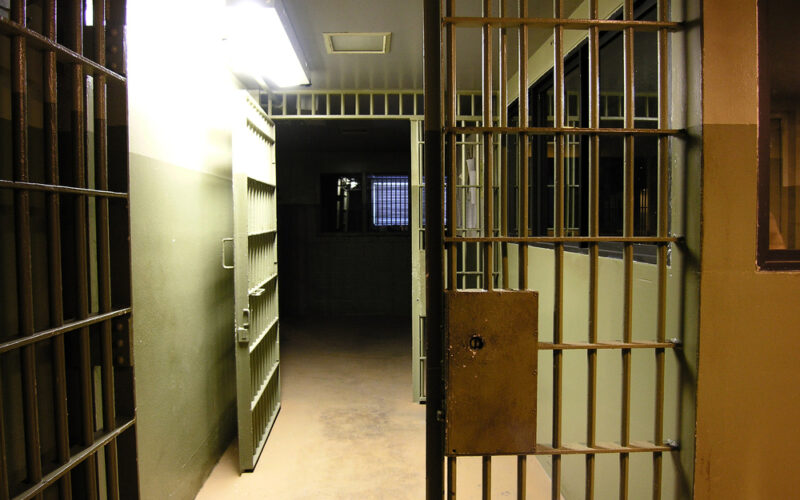I hear the same concerns about public safety that you hear — and the same calls for the city to “do something about it.”
Well, it may not be the stuff of sexy headlines, but behind-the-scenes, your city — along with our committed nonprofit partners — are doing that “something,” and it’s making a difference.
We’re breaking cycles, lowering crime, and reducing incarceration. Now, we need help to ensure that success.
As the director of the Mayor’s Office of Criminal Justice (MOCJ), I also hear the struggles of countless New Yorkers returning to the city from incarceration. Too often, they are caught without stable living arrangements, stable employment, or a stable way to capitalize on their second chances.
But we’ve learned a fundamental building block to all of these challenges is a safe place to lay one’s head. It radically improves the prospects of second-chance success. That’s where transitional housing comes in.
The Adams administration understands that transitional housing is a cornerstone of the strategy to make neighborhoods stronger and safer. The administration invested $57 million in safe, supportive environments that support successful reentry from jail or prison.
The data speaks for itself: 94% of New Yorkers in transitional housing avoid felony re-arrest while in the program. For those who complete the program, their likelihood of again landing in jail was reduced 57% from the year prior to their enrollment in transitional housing. Their long-term trajectories are better, too.
This is due to our incredible nonprofit partners — The Fortune Society, Housing Works, and HousingPlus — delivering quality living accommodations, care, and — when needed — substance abuse and mental health services. But the work doesn’t stop there — and neither does its impact.
Our partners provide justice-involved New Yorkers experiencing housing instability services such as case management, housing placement, medical care, job training, financial planning, and family reunification. The public-nonprofit partnership also allows participants seamless access to the city’s robust suite of reentry and vocational services.
One shining example of our shared successes is how transitional housing participants gained priority enrollment to the Mayor’s Office of Criminal Justice’s first commercial driver’s license training program. Nearly every single participant graduated from the program with not only a CDL license — but also a full-time job, with starting salaries upwards of $80,000. Now, we’re scaling the program up so hundreds more New Yorkers can take advantage of their second-chances.
These partnerships are a proven pathway to financial, housing, and family stability. They improve the lives of individuals, improve safety in New York neighborhoods, and deliver a return on taxpayer investments by reducing recidivism. Yet, despite our success, we still regularly receive pushback over proposed transitional housing facilities.
I’ve lost track of how many different ways community leaders can indicate support for the idea of transitional housing – but “not in my backyard.” They’re concerned transitional housing will not benefit their neighborhood.
But here’s why those concerns are misplaced:
- Every one of our partners’ housing facilities are operated by experts;
- Every transitional housing facility must meet strict guidelines, subject to months of reviews, that protect their surrounding neighborhoods;
- These facilities are providing thousands of New Yorkers each year the launching pad they need to thrive, contribute to our communities, and live with dignity.
Our transitional housing partners are intentional about embedding within neighborhoods, ensuring they have strong relationships with community members, local organizations, and the local NYPD precinct personnel. Ensuring community ties and community safety are our top priority.
These are good neighbors doing great work. However, it’s hard work, and I have two takeaways today:
First, thank you to all of our nonprofit partners for what you deliver every day. You, like I, know the pure love and joy that comes from looking a person in the eye who successfully made the journey from incarceration to gainful employment — with a roof above their family’s heads.
Secondly, our city needs more partnerships like these — not more pushback. During this NYC Nonprofit Week, I hope we all think about ways we can foster their success — and growth.
We need more facilities, more neighborhoods willing to help, and more great ideas on how to help justice-impacted New Yorkers find stable housing, so they can put mistakes of their past behind them.
My door will always be open to anyone committed to helping the city deliver these life-changing services in more places.
Logan is director of the Mayor’s Office of Criminal Justice.








